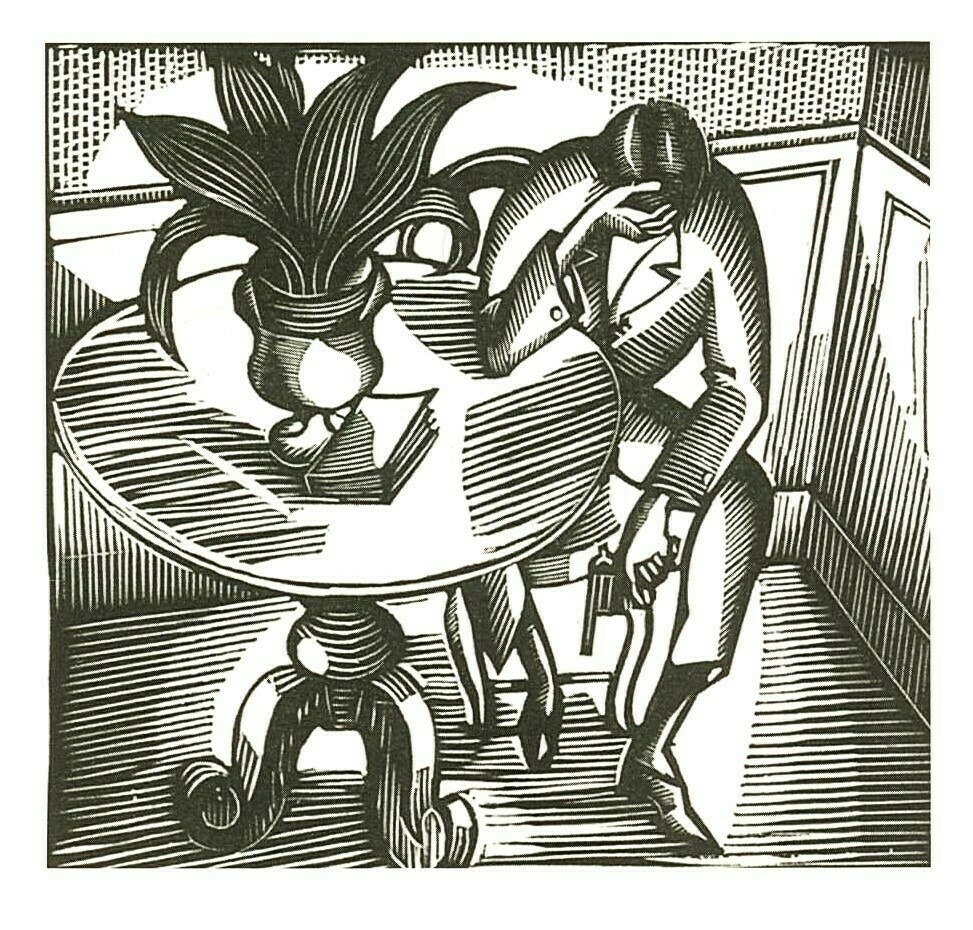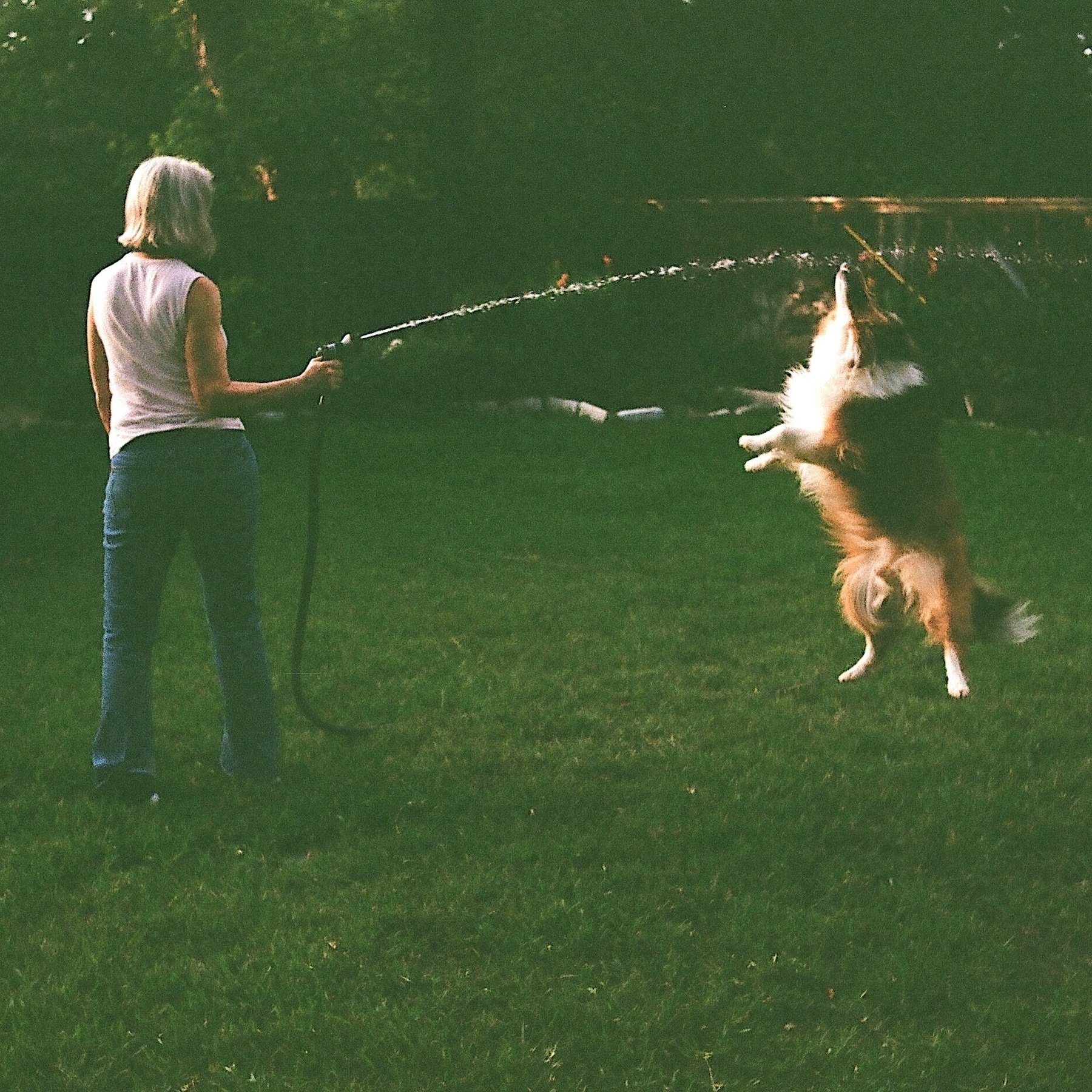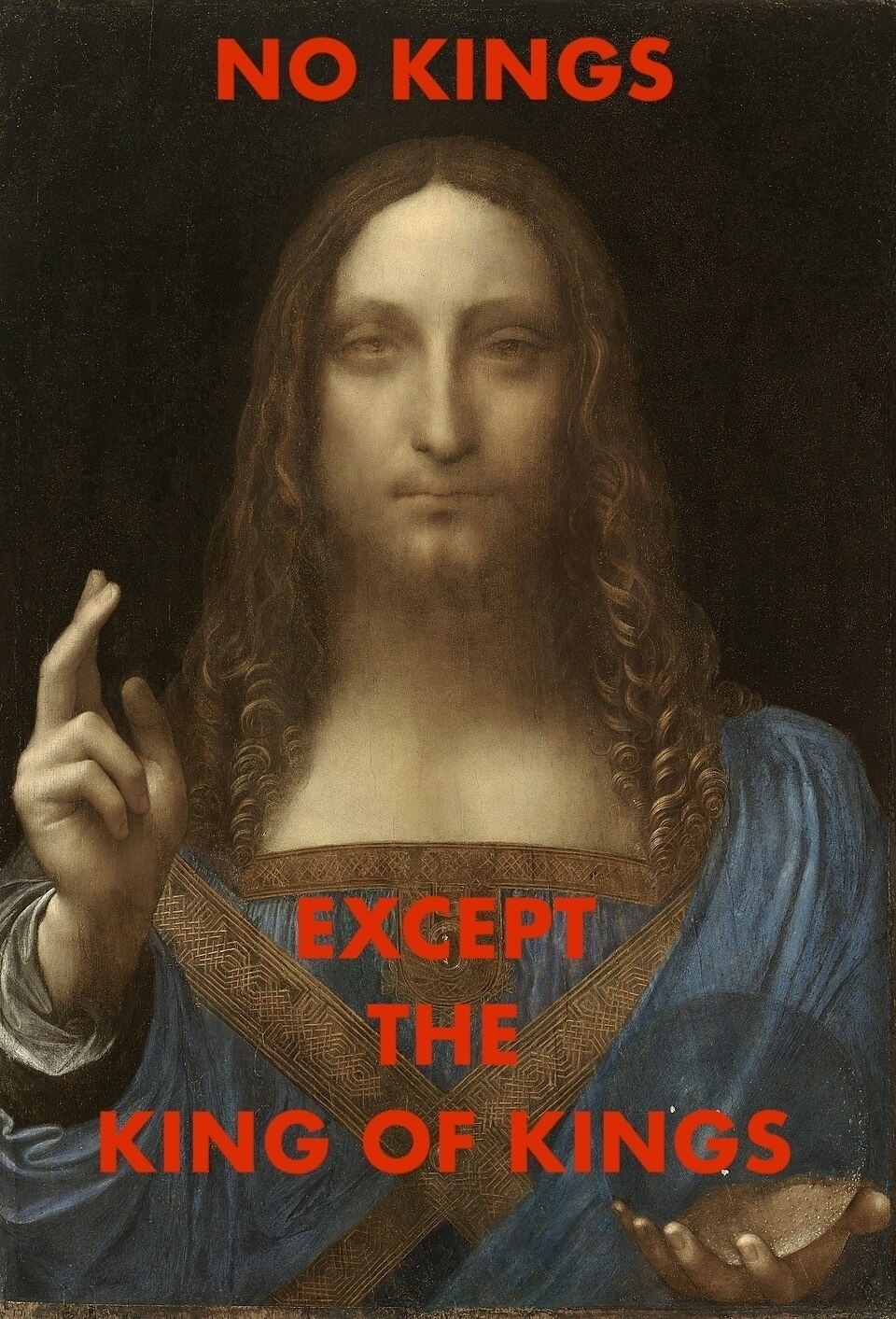As someone who has unwittingly and unwillingly donated millions of words to train LLMs, I’m quite interested in the possibility of a class action settlement. But I’m not sure whether I’d prefer cash or an end to current training practices.

Finished reading: The Magic of Code by Samuel Arbesman 📚. I really enjoyed this book, and may have more to say about it later; it put me in mind of a period in my life when I was first discovering the fascination of code. I wrote about that in a series of essays for Books & Culture, and have re-posted those on my big blog, all 18,000 words: “Computer Control.”
My review of Martin Woessner’s brilliant book on the philosophical significance of Terrence Malick’s films is out from behind its paywall.
I’m conscious of the fact that it is, in some sense, stupid of me not to be on Substack. At the very least, I could be sending my newsletter for free, instead of paying a hundred bucks a month! Yet I suppose I think it’s the stupid choices that are the important ones. And I suppose I think the standard for art is that it doesn’t just play the game, but invents it. On an internet crowded with creators climbing over each other to obey each platform’s demands, follow its Best Practices (which harden into mandatory genres: quick-setting concrete), there is, I believe, an incandescence to stubborn specificity.
Everything in this post could’ve been siphoned straight from my brain. This is exactly why I’m on the open web rather than on a platform that, while increasingly prominent, is also increasingly enshittified.
“Far Away Blues” (1923):
We left our southern home and wandered north to roam
Like birds, went seekin’ a brand new field of corn
We don’t know why we’re here
But we’re up here just the same
And we are just the lonesomest girls that’s ever born
A fun brief video about one of the more curious places on the Baylor campus: the Armstrong Browning Library.
How Does God Say “I Love You”? - Mockingbird:
But the word that shows our need is also the word that loves us in and overcomes our need. The answer to the anguished “Who will deliver me?” is the merciful surprise of grace: “Thanks be to God through Jesus Christ our Lord… There is therefore now no condemnation for those who are in Christ Jesus.” This is the well that washes, the word that gives the crucified and risen Jesus and thereby does the divine work that raises the dead, forgives the sinner, and finally says to the fearful and lonely, “You are my beloved child.”
This is my friend Jono Linebaugh talking about his The Well That Washes What It Shows: An Invitation to Holy Scripture. It’s a superb book, especially for people who are new, or relatively new, to the Bible. It’s full of hope.
16 June 1939 the Daily Telegraph ran the following news story:
Village children at Hurst House School, Staplehurst, Kent, are being given regular television lessons in school. Nearly all the children come from nearby farms.
Citizenship and ‘general knowledge’ are taught through the study of news reels and the televising of events like Trooping the Colour and the departure of the King and Queen for Canada
The television lessons have been started by the headmaster, Mr H. Farrington, who says that television and the informal talks that follow the programme are probably of more real educative value to the children than most lessons given in class.
And so it begins.
Me after spending the morning reading the NYT’s hot takes on A.I. Against my usual practice, I’ve actually been reading the Times lately. That stops right now. (Actual image source.)


Finished writing: Paradise Lost: A Biography by Alan Jacobs. Joseph Addison said, “We have an actual interest in everything [Adam & Eve] do, and no less than our utmost happiness is concerned and lies at stake in all their behavior.” Virginia Woolf said, “Has any great poem ever let in so little light upon one’s own joys and sorrows?” Thus my book. 📚




